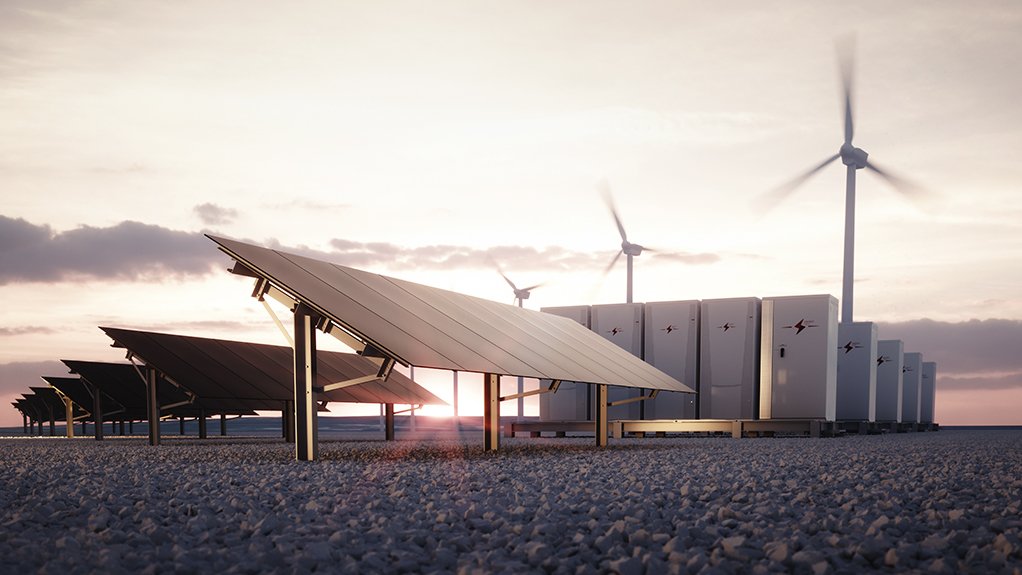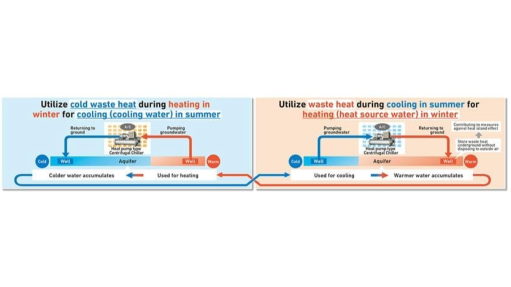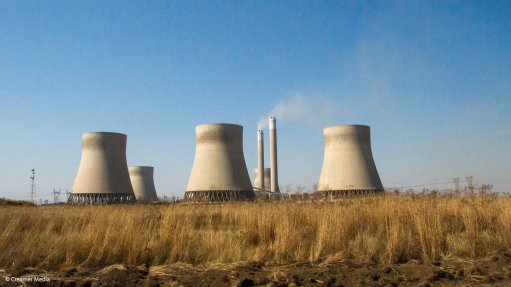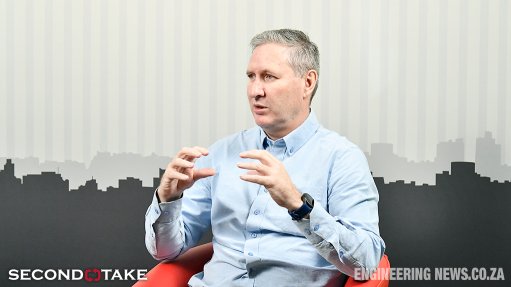UN seeks to help developing countries access more funds for renewables investment
The world’s least developed countries rely on external sources for almost three-quarters of their energy investment but may pay up to seven times more than developed countries to access international capital markets, which is a major impediment to ramping up investments in renewables, United Nations secretary-general António Guterres says.
With the release of the United Nations Conference on Trade and Development’s (Unctad’s) ‘World Investment Report 2023’, on July 5, he has called for a Sustainable Development Goal (SDG) stimulus, among other things, to increase long-term and affordable financing for developing countries “to enable them to invest at scale in the transition to renewable energy”.
“As part of that stimulus, multilateral development banks should transform their business models and their approach to risk-taking and better leverage their funds to attract greater volumes of private finance into developing countries,” he said, adding that public development banks should also help catalyse sustainable transformation by encouraging scalable private-public partnerships.
“We cannot fulfil the world’s energy needs and safeguard our planet and our future without massive private sector investment in renewables in developing countries,” Guterres said.
The Unctad report shows that international investment in renewable energy nearly tripled since the adoption of the Paris Agreement in 2015.
However, much of this growth has been concentrated in developed countries, with more than 30 developing countries not yet registering even one utility-sized international investment project in renewables.
Unctad says the likely reason for this is that investment in energy in developing countries is severely constrained by the cost of capital. However, it believes the cost of capital can be greatly decreased by enlisting foreign investors in collaboration with the public sector and multilateral financial organisations.
Most developing nations have set nationally determined contributions for their energy transition goals, but few have created the asset specifications required to create targeted promotion mechanisms or marketed bankable projects, and only about one-third of those targets have been turned into investment needs.
Because of this, many developing nations have been adopting broad fiscal and financial incentive mechanisms, which are less efficient at promoting investment in the energy transition, Unctad says.
As such, Unctad has noted that it is imperative to significantly increase derisking support to reduce the cost of capital for energy transition investments in developing nations. Additionally, more technical assistance should be made available for investment planning and project preparation.
Unctad says an accelerated reform of international investment agreements is required to increase investment promotion and facilitation clauses. It also highlights the need to widen the policy space for climate action.
The report proposes an Action Compact for Investment in Sustainable Energy for All, with recommendations for national and international investment policies, global and regional partnerships, financing mechanisms and capital market involvement.
“We are at least a decade late in our efforts to combat global warming. Investment in renewable energy in developing countries is therefore essential and often the most economical way to bridge the energy gap. But while the transition to renewable energy is a global priority, investments in energy infrastructure and efficiency still fall far short of what is needed,” Guterres said.
In terms of the number of projects for both fossil fuel-based power plants and extractive industries, it remained steady in 2022, despite concerns that high energy costs and the need for energy security would reverse the downward trend of worldwide investment in fossil fuel assets.
The report shows that private equity funds, smaller players in the industry and commodity dealers account for most buyers. However, Unctad says the fact that such private buyers frequently have relatively lax or nonexistent emission-reduction goals and weaker climate reporting criteria is a cause for concern.
As such, it advocates that a new approach to negotiating climate-aligned agreements is required.
While the report showed that oil and gas majors had raised their greenfield investments in the extractive industries, project financing declined. In 2020, the value of investments in green energy overtook that of fossil fuels, and Unctad expects this trend to persist.
Energy firms in the top 100 multinational enterprises list have been selling their fossil fuel assets at an average rate of about $15-billion a year. However, Unctad notes that oilfields, gas facilities, and other upstream assets do not necessarily stop operating because of divestiture.
Rather, the buyer will typically aim to make purchased fossil fuel assets generate the highest possible returns. As such, increasing the asset's overall productivity means pushing for higher output or longer asset lifespans.
Comments
Press Office
Announcements
What's On
Subscribe to improve your user experience...
Option 1 (equivalent of R125 a month):
Receive a weekly copy of Creamer Media's Engineering News & Mining Weekly magazine
(print copy for those in South Africa and e-magazine for those outside of South Africa)
Receive daily email newsletters
Access to full search results
Access archive of magazine back copies
Access to Projects in Progress
Access to ONE Research Report of your choice in PDF format
Option 2 (equivalent of R375 a month):
All benefits from Option 1
PLUS
Access to Creamer Media's Research Channel Africa for ALL Research Reports, in PDF format, on various industrial and mining sectors
including Electricity; Water; Energy Transition; Hydrogen; Roads, Rail and Ports; Coal; Gold; Platinum; Battery Metals; etc.
Already a subscriber?
Forgotten your password?
Receive weekly copy of Creamer Media's Engineering News & Mining Weekly magazine (print copy for those in South Africa and e-magazine for those outside of South Africa)
➕
Recieve daily email newsletters
➕
Access to full search results
➕
Access archive of magazine back copies
➕
Access to Projects in Progress
➕
Access to ONE Research Report of your choice in PDF format
RESEARCH CHANNEL AFRICA
R4500 (equivalent of R375 a month)
SUBSCRIBEAll benefits from Option 1
➕
Access to Creamer Media's Research Channel Africa for ALL Research Reports on various industrial and mining sectors, in PDF format, including on:
Electricity
➕
Water
➕
Energy Transition
➕
Hydrogen
➕
Roads, Rail and Ports
➕
Coal
➕
Gold
➕
Platinum
➕
Battery Metals
➕
etc.
Receive all benefits from Option 1 or Option 2 delivered to numerous people at your company
➕
Multiple User names and Passwords for simultaneous log-ins
➕
Intranet integration access to all in your organisation




















